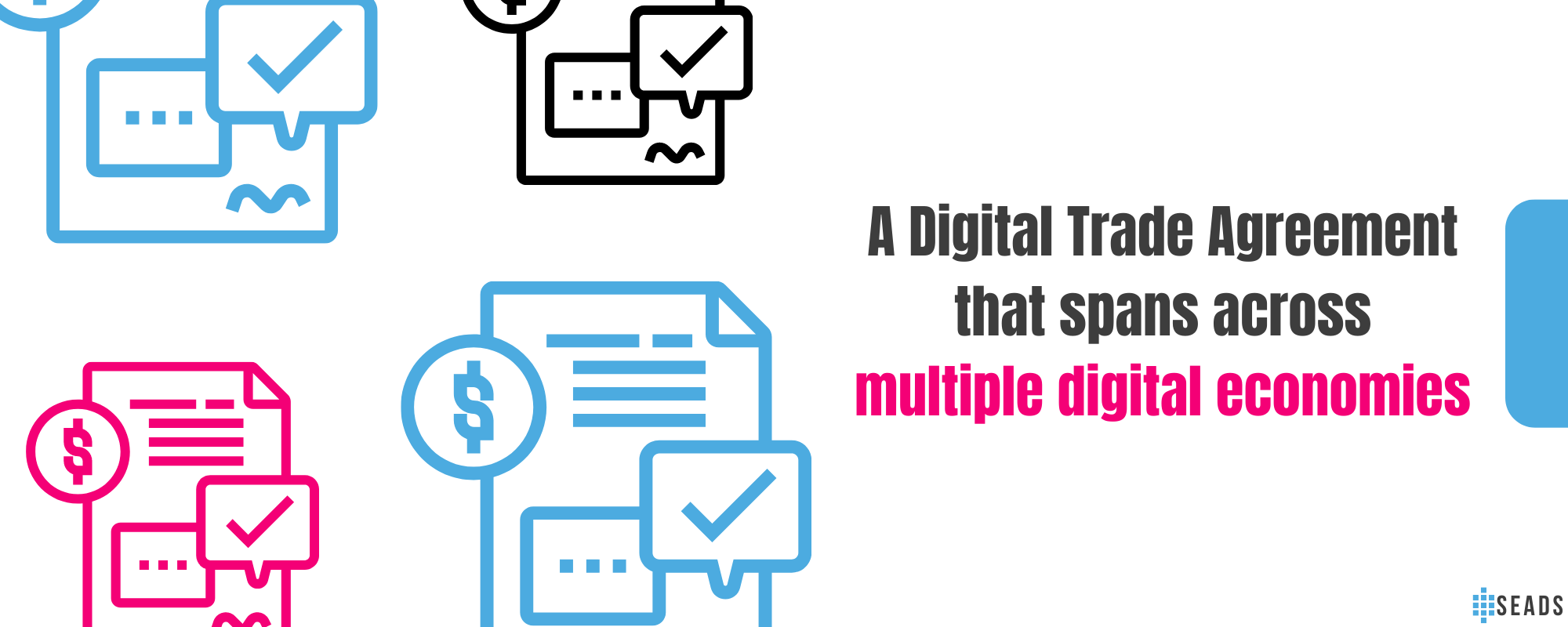Singapore is actively pursuing a potential digital free trade agreement with the European Union (EU), with hopes of establishing a non-binding partnership that was initially discussed in February. According to Singapore’s Minister-in-charge of Trade Relations, S. Iswaran, the two parties have already commenced work on the partnership, which aims to enhance the interoperability and strengthen regulations and frameworks in the digital industries. The ultimate objective is to facilitate cost-effective transactions for businesses and consumers.

During an outreach event on Monday, May 29, Iswaran emphasized that the principles laid out in the EU-Singapore Digital Partnership (EUSDP) serve as a foundation for bolstering the bilateral agreement between Singapore and the EU. This initiative aims to provide businesses and individuals with a clear understanding of the legal aspects of the digital economy in today’s context.
Iswaran expressed optimism about commencing negotiations with the EU at the earliest opportunity, preferably during the Sweden’s Presidency of the EU Council. The goal is to initiate digital trade talks this year, taking advantage of Stockholm’s role as the rotating council chair. This effort builds upon the existing Singapore-EU bilateral free trade agreement, which was initiated in November 2019.
The EU-Singapore Free Trade Agreement (EUSFTA) is hailed as a groundbreaking digital trade pact that spans across digital economies in the region. The forthcoming EU-Singapore Digital Trade Agreement will play a crucial role in connecting these regions. It marks the third partnership of its kind signed by Asian trading partners, following agreements with South Korea in November and Japan in May.

In addition to digital trade, the EUSDP aims to promote the adoption of advanced technologies such as 5G and 6G, govern the use of artificial intelligence (AI), and strengthen the resilience of the semiconductor supply chain. Moreover, the initiative seeks to facilitate and enhance cross-border data flows among enterprises of all sizes.
Deborah Elms, Founder and Executive Director of Asia Trade Centre, emphasized that the EU-Singapore partnership represents just the first step toward a broader initiative. While Singapore has demonstrated its willingness to commit to binding digital agreements, the EU faces some challenges in this regard, making the partnership an important milestone for them.
Elms, who serves as the President of the Asia Business Trade Association, emphasized the EU’s challenge in managing the diverse readiness and enthusiasm for digital trade among its 27 member states. This complexity often hampers the EU’s ability to take decisive action, particularly on emerging digital issues. Elms highlighted that it can be a time-consuming process to bring the EU to a point where they feel comfortable making commitments.
Regarding data privacy disparities, Elms pointed out that Singapore has not made a legally binding commitment to align with Europe’s General Data Protection Regulation (GDPR), widely recognized as the most stringent privacy and security law globally. Instead, Singapore has adopted an alternative standard known as Cross-Border Privacy Rules (CPBR). Overcoming these disparities may present challenges in achieving alignment.
In conclusion, Singapore’s pursuit of a digital free trade agreement with the European Union reflects its commitment to enhancing digital cooperation and facilitating cost-effective transactions. The EU-Singapore Digital Partnership strengthens the bilateral agreement and clarifies legal aspects of the digital economy. Addressing readiness and data privacy challenges is crucial for achieving alignment and fostering a thriving digital economy between Singapore and the EU.